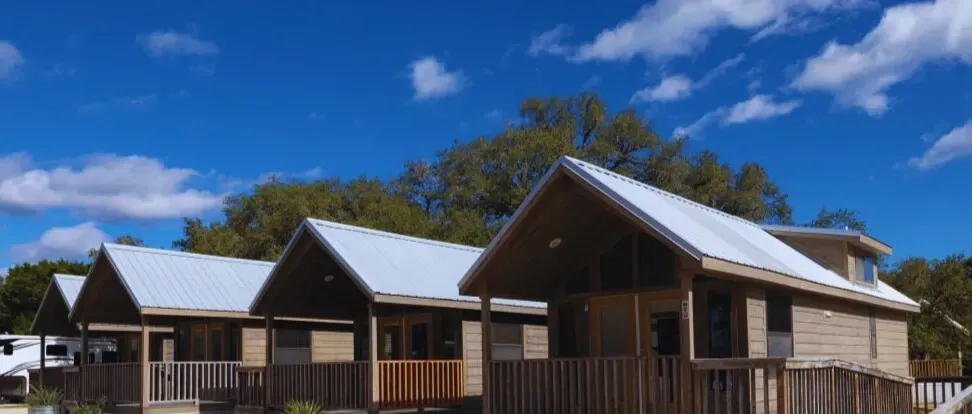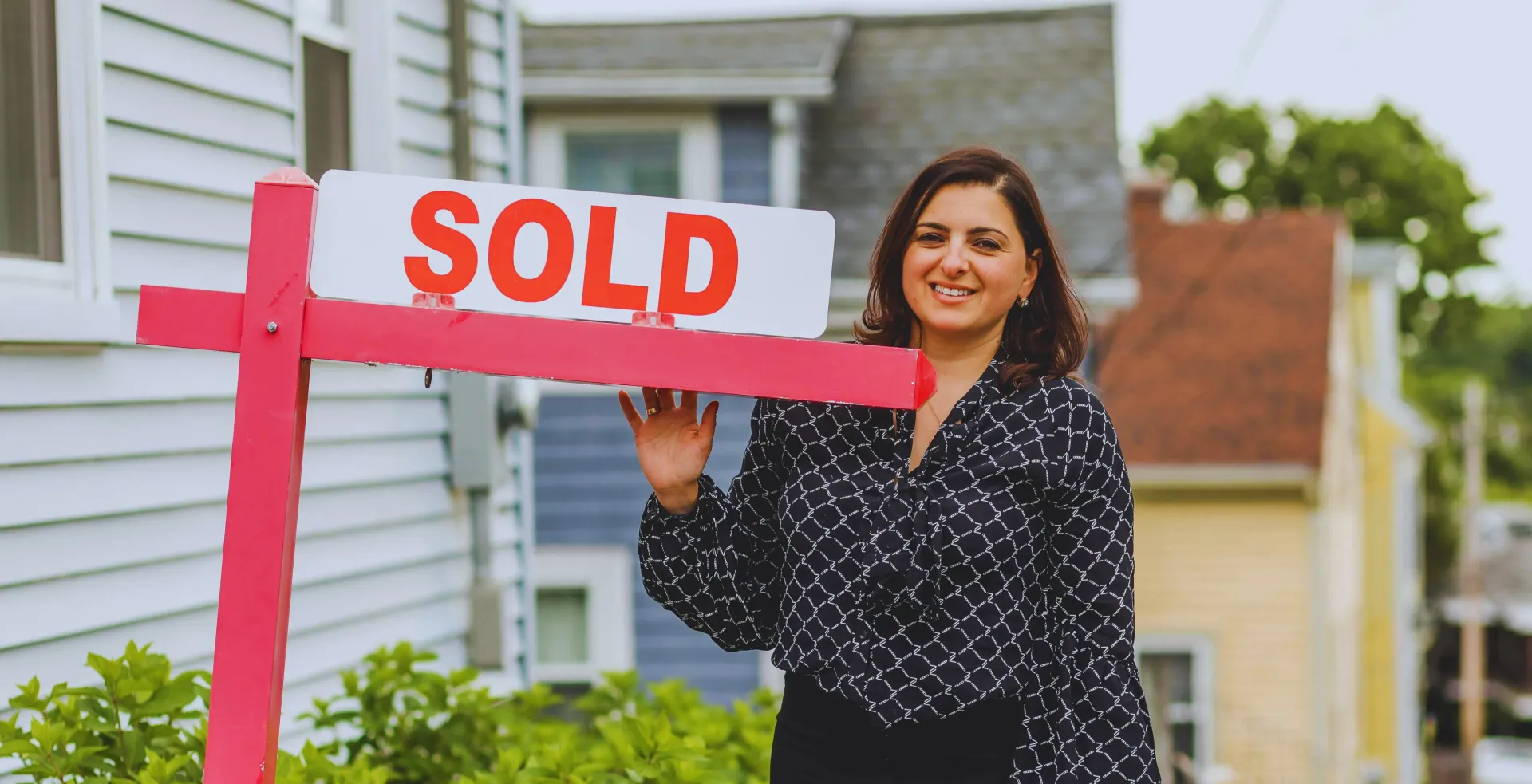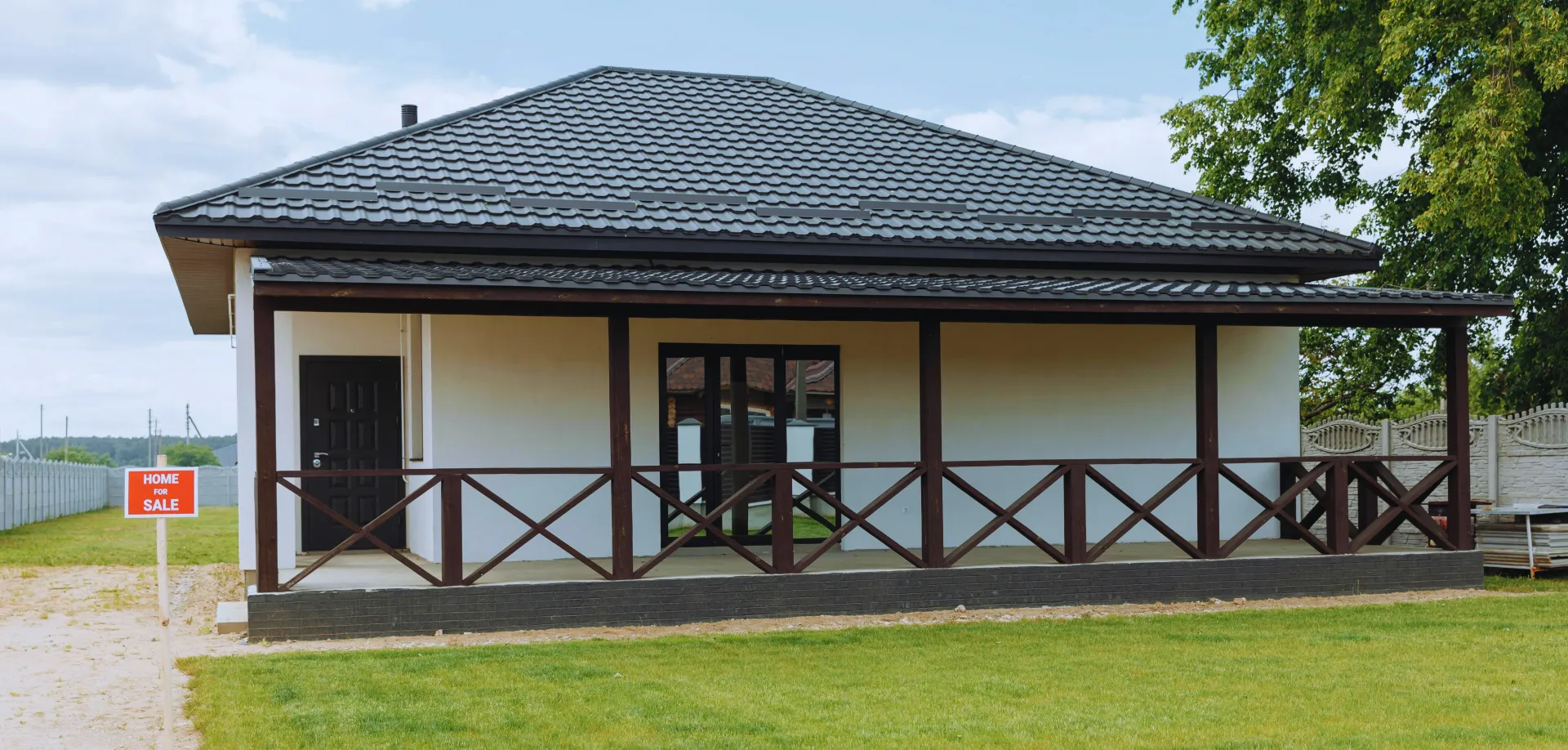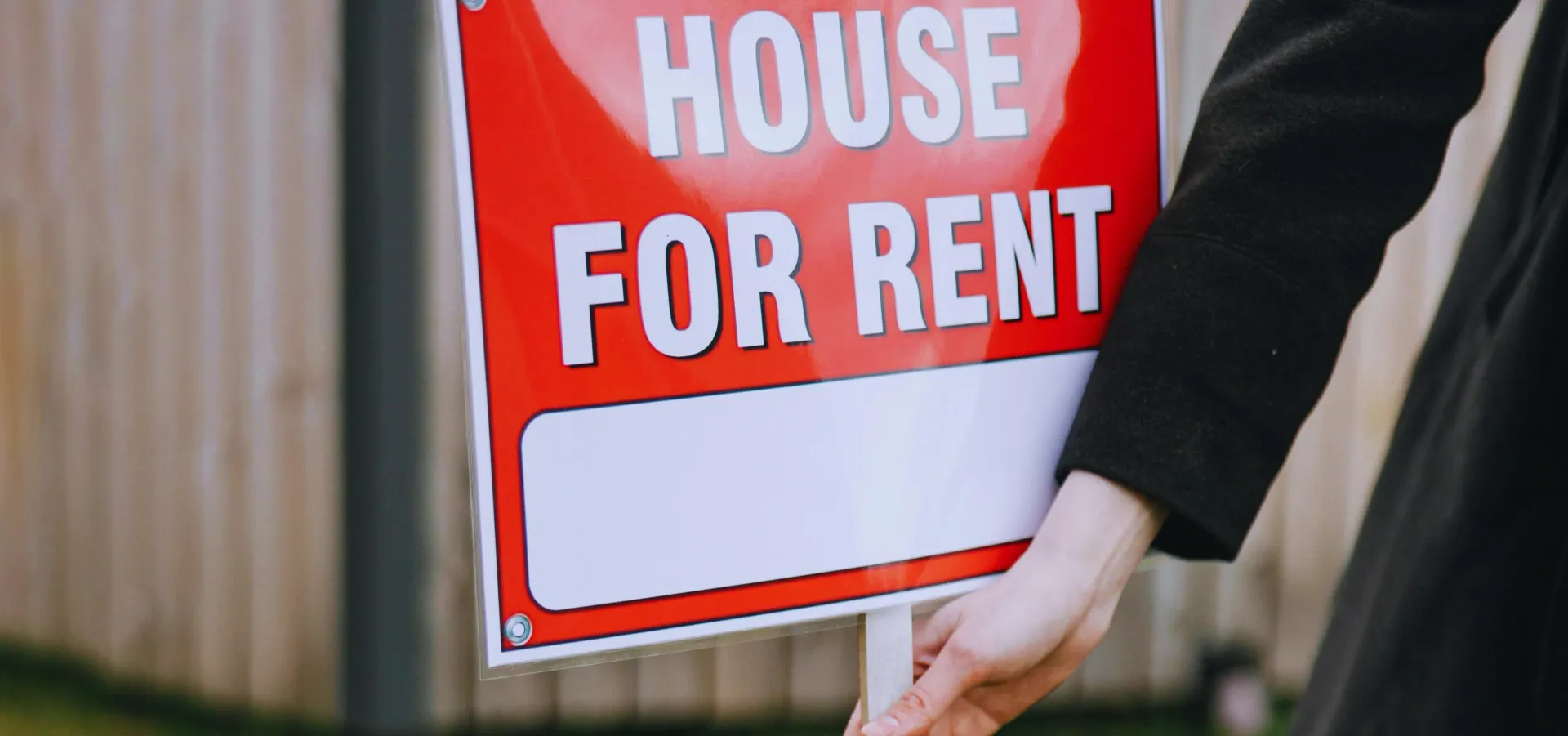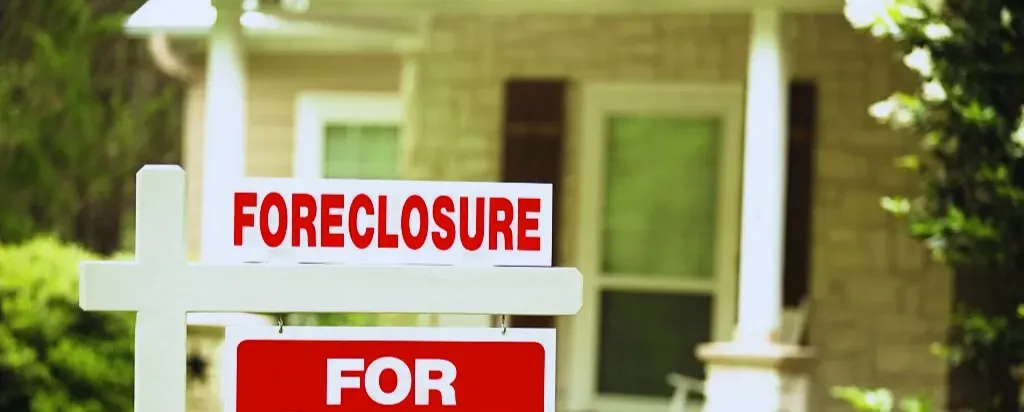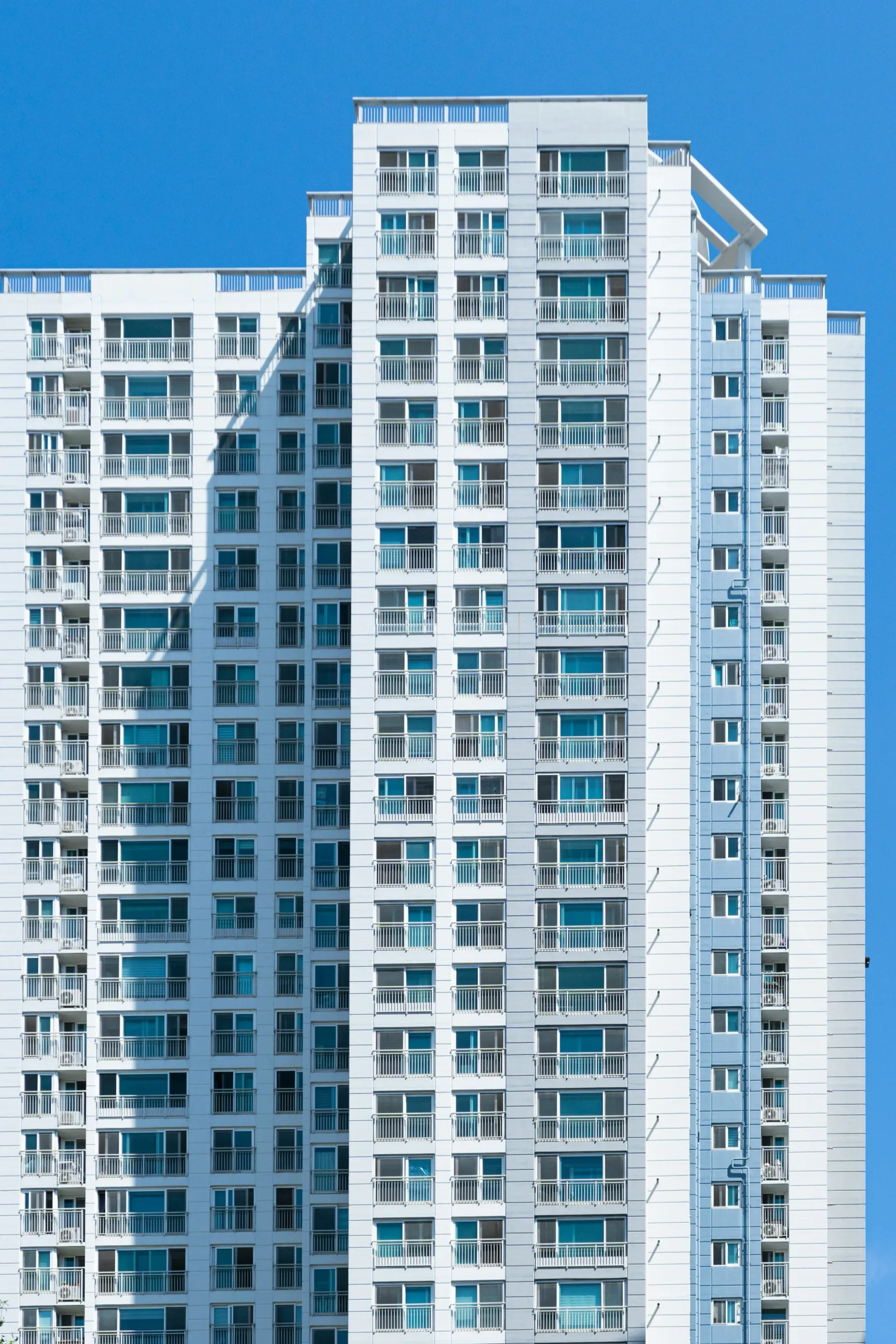Financial Implications of Renting vs. Buying Residential Property in Las Vegas
Introduction to Financial Implications of Renting vs. Buying in Las Vegas
The choice between renting and buying a home in Las Vegas is more than just a lifestyle decision—it’s a financial one with lasting consequences. The city’s real estate market is unique, shaped by tourism, rapid growth, and shifting economic trends. Whether you’re drawn to the Strip’s energy or the quiet suburbs, understanding the financial implications of renting vs. buying can help you avoid costly mistakes.
Las Vegas housing costs have seen significant changes in recent years, influenced by interest rates, migration patterns, and investment activity. This means both renters and buyers face distinct opportunities and risks. In this guide, we’ll break down every major cost factor, from monthly payments to tax perks, so you can make an informed decision that aligns with your financial goals.
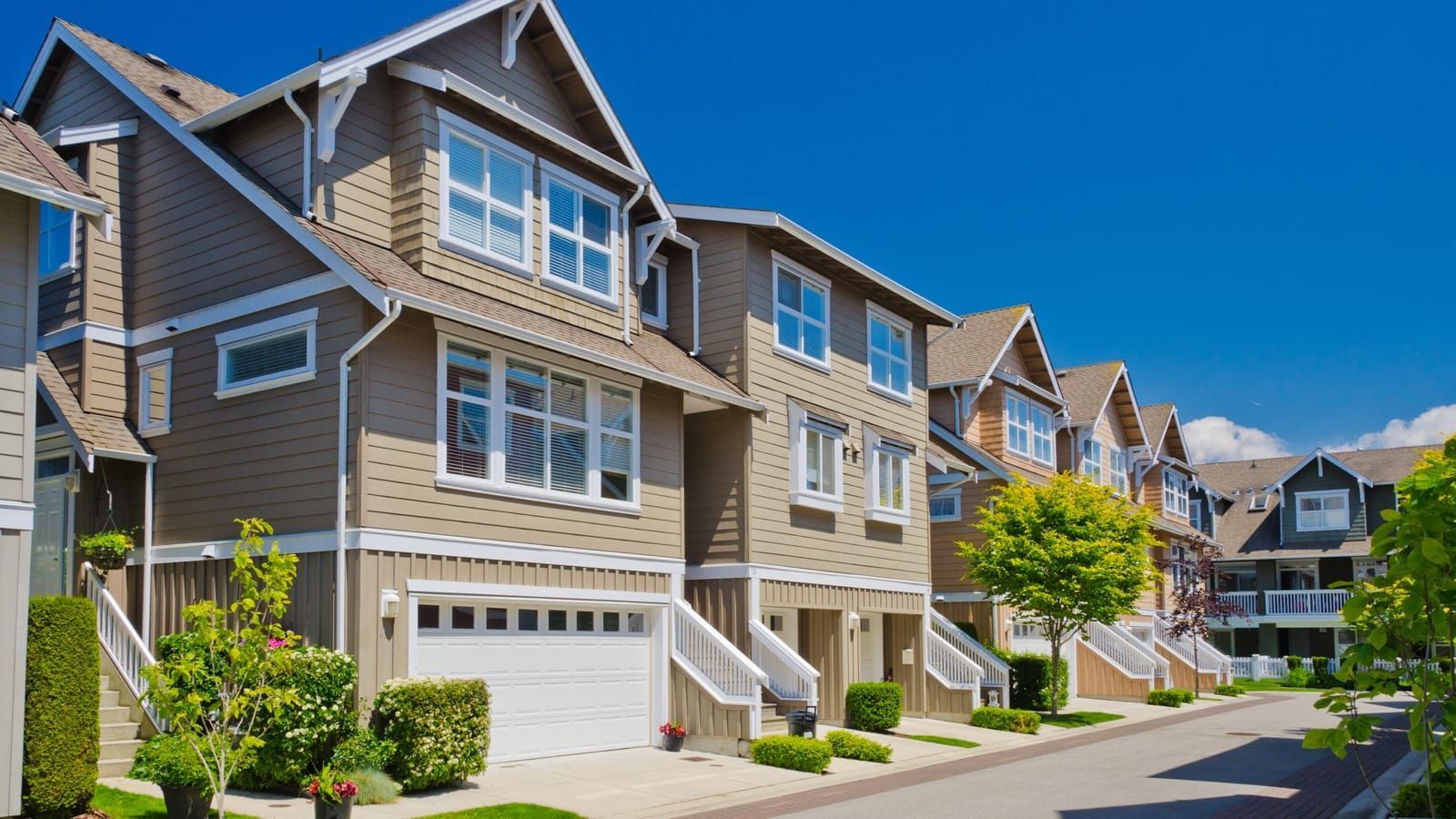
Understanding the Las Vegas Real Estate Market
Las Vegas real estate operates differently from many other U.S. cities. The area is known for rapid appreciation during economic booms and sharp corrections during downturns. Investors often see it as a lucrative market, which can impact both rental rates and home prices.
Currently, the median home price in Las Vegas is competitive compared to national averages, but rental rates are rising due to population growth. For buyers, low property taxes are a big plus, while renters benefit from avoiding fluctuating mortgage interest rates.
Renting in Las Vegas: Key Advantages
Renting offers flexibility—perfect for those unsure about their long-term plans or anticipating career changes. In Las Vegas, renting also means avoiding property tax bills, large down payments, and ongoing maintenance responsibilities.
Many rental communities offer amenities such as pools, gyms, and security, which could be costly to maintain in a private home. Additionally, if the market dips, renters aren’t affected by declining property values.
Renting in Las Vegas: Potential Drawbacks
The biggest drawback to renting is the lack of equity building. Each rent payment benefits the landlord, not you. Over time, this can be a significant lost opportunity for wealth accumulation.
Renters are also subject to annual rent increases, especially in a growing market like Las Vegas. There’s less control over your living space—you can’t make significant modifications without landlord approval.
Buying in Las Vegas: Key Advantages
Buying a home allows you to build equity over time, often leading to long-term wealth. With Las Vegas property taxes being relatively low, homeowners may save compared to similar markets.
Homeowners can also benefit from fixed-rate mortgages, which keep monthly housing costs stable, unlike rent that may increase annually. Plus, owning a home offers stability and freedom to customize your living space.
For those interested in starting their search, working with a Las Vegas realtor can help identify properties with the best investment potential.
Buying in Las Vegas: Potential Drawbacks
The upfront costs of buying—down payment, closing fees, and inspection costs—are significantly higher than renting. Homeownership also comes with ongoing expenses such as maintenance, insurance, and HOA fees for certain communities.
If the housing market declines, your property value could drop, potentially leading to negative equity. Additionally, selling a home takes time and may involve costs such as agent commissions.
Cost Comparison Between Renting and Buying in Las Vegas
The monthly cost of renting may initially be lower than buying, especially when factoring in mortgage interest, insurance, and maintenance. However, over a long period, buying can become more cost-effective because mortgage payments contribute to equity rather than disappearing as rent.
Upfront Costs for Renting vs. Buying
- Renting: Typically first month’s rent, security deposit, and possibly application fees.
- Buying: Down payment (often 3%–20% of purchase price), closing costs, inspection fees, and moving expenses.
Long-Term Financial Impact of Renting
Over decades, renting generally results in higher total costs without any ownership benefits. Renters also miss out on appreciation gains during market upswings.
Long-Term Financial Impact of Buying
Homeownership offers the potential for property appreciation, tax deductions, and eventual mortgage payoff—leading to zero housing payments aside from taxes and insurance in retirement.
Equity Building and Homeownership Benefits
Equity acts like a savings account you build with each mortgage payment. Over time, it can be leveraged for loans, retirement income, or passing wealth to future generations.
Impact of Property Taxes and HOA Fees
Las Vegas boasts relatively low property taxes, but HOA fees can vary widely. While some communities have modest fees, luxury developments can be costly.
Maintenance and Repair Costs: Who Pays What?
Renters generally don’t pay for repairs, while homeowners bear the full responsibility—sometimes thousands annually. This can be a hidden but significant cost of ownership.
Effect of Market Fluctuations on Renters vs. Owners
Renters may face rising rents during booms but avoid value loss during downturns. Homeowners can benefit from rising prices but risk losses in slow markets.
Tax Benefits of Homeownership in Las Vegas
Federal deductions for mortgage interest and property taxes can save homeowners thousands annually. While these benefits vary, they can be a key factor in the buying decision.
Lifestyle and Flexibility Considerations
Renting offers freedom to relocate quickly, which is valuable in a city with a dynamic job market. Buying offers stability and a sense of permanence.
How to Decide: Renting vs. Buying Based on Personal Financial Goals
Choosing between renting and buying depends on:
- Length of time you plan to stay in Las Vegas
- Your financial stability and savings
- Willingness to handle repairs and maintenance
- Risk tolerance for market fluctuations
Las Vegas Housing Forecast and Its Impact on Financial Decisions
Experts predict steady population growth, which could keep both home prices and rents on an upward trajectory. Those ready to commit long-term may benefit from buying sooner rather than later.
If you’re still unsure, speaking with a local housing expert through this contact page can help clarify your options.
Conclusion: Making the Best Choice for Your Situation
The financial implications of renting vs. buying in Las Vegas are nuanced. Renters gain flexibility and avoid large upfront costs, while buyers build equity and enjoy stability. The right choice depends on your personal goals, finances, and timeline.
FAQs
Is it cheaper to rent or buy in Las Vegas right now?
It depends on your time horizon—renting may be cheaper short-term, but buying often wins long-term.
What is the average down payment for a Las Vegas home?
Most buyers put down 3%–20%, depending on loan type.
Do property taxes make buying in Las Vegas more affordable?
Yes, property taxes are relatively low compared to other states, making ownership more attractive.
How quickly are rents rising in Las Vegas?
Recent trends show rents rising about 5–8% annually in some neighborhoods.
Can I negotiate rent prices in Las Vegas?
Yes, especially in off-peak seasons or if you sign a longer lease.
Should I buy a house in Las Vegas now or wait?
If you plan to stay for several years and can afford the upfront costs, buying now may help lock in lower prices before future increases.


